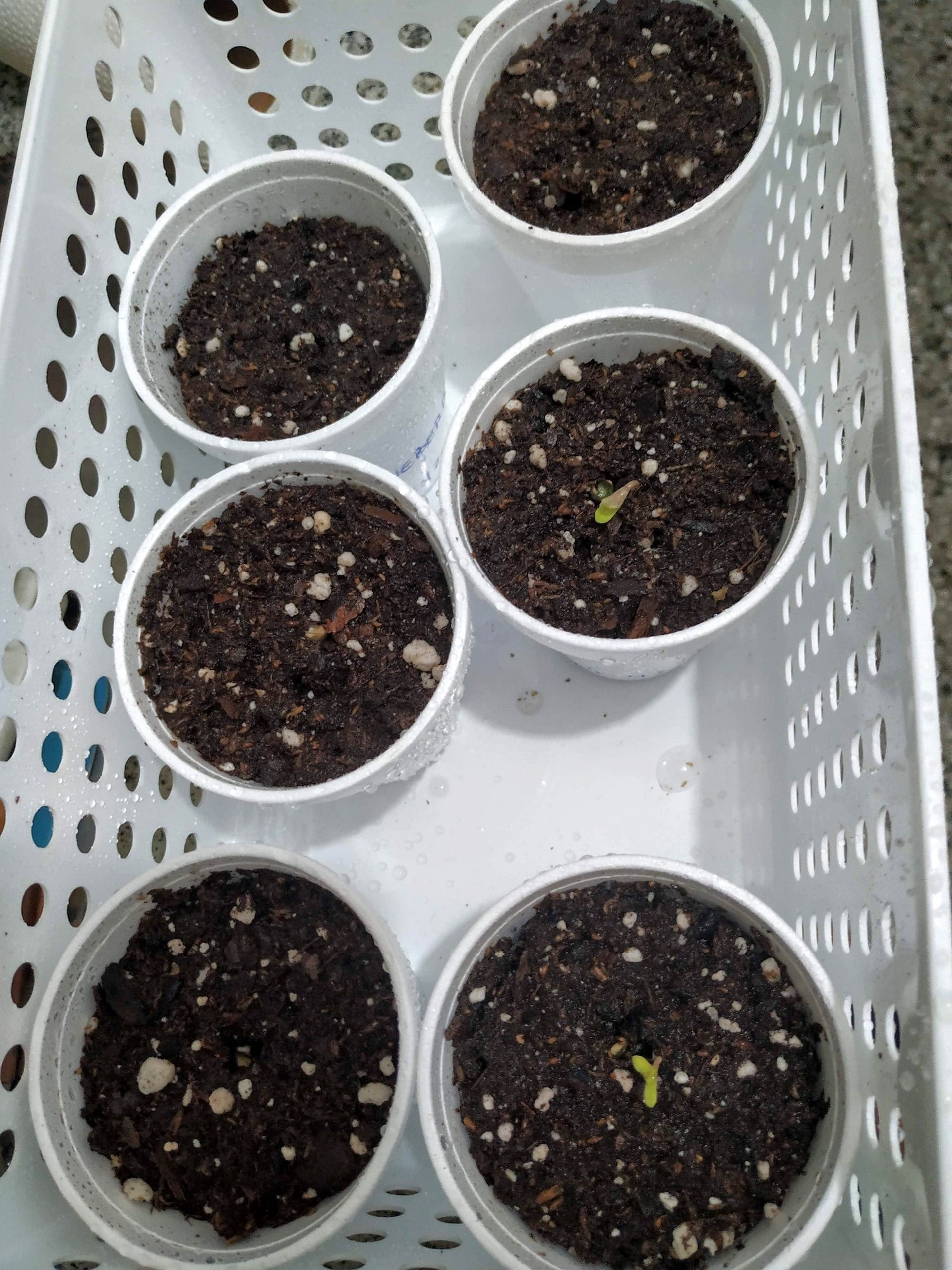In modern many years, the conversation all-around sustainable farming practices has attained momentum, with an expanding target on environmentally friendly choices. One particular intriguing player in this movement is the cannabis plant, particularly its seeds. Hashish seeds have emerged as a opportunity game-changer in sustainable agriculture, providing a myriad of gains that extend past the realm of leisure and medicinal use.
The Eco-Friendly Mother nature of Cannabis Seeds:
Hashish vegetation are identified for their resilience and adaptability, generating them an perfect applicant for sustainable farming. The cultivation of cannabis seeds needs less pesticides and herbicides compared to lots of other crops, contributing to a reduction in environmental air pollution. Furthermore, cannabis vegetation have deep root devices that enable reduce soil erosion, promoting soil well being and fertility.
Water Effectiveness:
Water scarcity is a significant issue in agriculture, but hashish has established to be a rather h2o-efficient crop. Cannabis vegetation have a distinctive potential to prosper in varied climates, from arid locations to much more temperate zones, permitting for cultivation in parts wherever h2o assets may be restricted. This adaptability would make hashish seeds a promising option for farmers looking to conserve h2o and lower their environmental impression.
Biodiversity and Crop Rotation:
Sustainable farming practices often emphasize the significance of biodiversity and crop rotation to maintain soil wellbeing. Hashish fits very well into these ideas, as its cultivation can contribute to crop rotation cycles, preventing the depletion of nutrition in the soil. Furthermore, cannabis plants assistance biodiversity by delivering a habitat for different insects, birds, and microorganisms that play critical roles in ecological balance.
Carbon Sequestration:
One often-overlooked aspect of hashish cultivation is its likely to act as a carbon sink. Cannabis vegetation take in carbon dioxide through photosynthesis, serving to mitigate the consequences of climate modify. When grown on a huge scale, hashish has the capability to sequester important amounts of carbon, earning it a worthwhile ally in the struggle towards world-wide warming.
Hemp: A Functional and Sustainable Crop:
Within the hashish household, hemp stands out as a especially versatile and sustainable crop. Hemp fibers can be employed to make a huge vary of eco-friendly merchandise, such as textiles, paper, and biodegradable plastics. Hemp seeds, rich in protein and critical fatty acids, are a healthy addition to human and animal diet plans, presenting a sustainable option to common crops.
Financial Benefits for Farmers:
In addition to its environmental benefits, cultivating cannabis seeds can present economic benefits for farmers. The increasing demand from customers for hemp-derived merchandise, such as CBD oil and hemp-based mostly textiles, opens up new profits streams. As more international locations legalize and control hashish cultivation, farmers have the prospect to diversify their crops and tap into a burgeoning market place.
Troubles and Factors:
Whilst the likely advantages of cannabis seeds in sustainable farming are promising, there are challenges and factors that are not able to be disregarded. Regulatory frameworks, various legal statuses, and the stigma connected with cannabis cultivation can pose hurdles for farmers. Even so, as pop over to these guys towards hashish keep on to evolve globally, it is crucial to deal with these challenges to unlock the total possible of hashish in sustainable agriculture.
Summary:
Cannabis seeds have the opportunity to revolutionize sustainable farming tactics by giving a crop that is resilient, drinking water-successful, and environmentally helpful. As the world grapples with the urgent require for sustainable methods in agriculture, checking out the possibilities of cannabis cultivation results in being more and more essential. By embracing the ecological added benefits of cannabis seeds, farmers can contribute to a greener long run even though reaping economic benefits. It really is time to recognize cannabis not just for its recreational and medicinal price but also for its position in cultivating a more sustainable and resilient agricultural landscape.
 +213 557 425 155
+213 557 425 155  nabilmr25.com@gmail.com
nabilmr25.com@gmail.com Sidi Okba, Biskra, Algeria
Sidi Okba, Biskra, Algeria  Nabil Merzougui
Nabil Merzougui